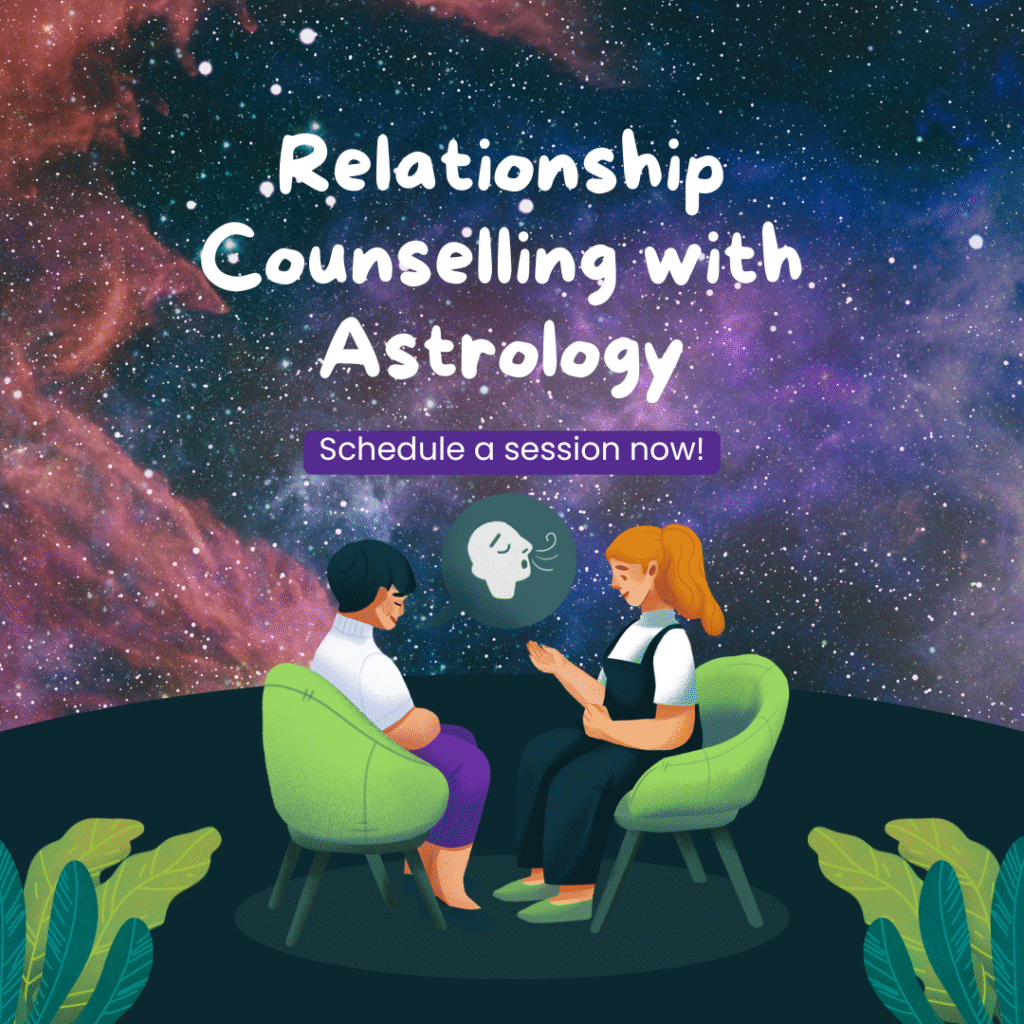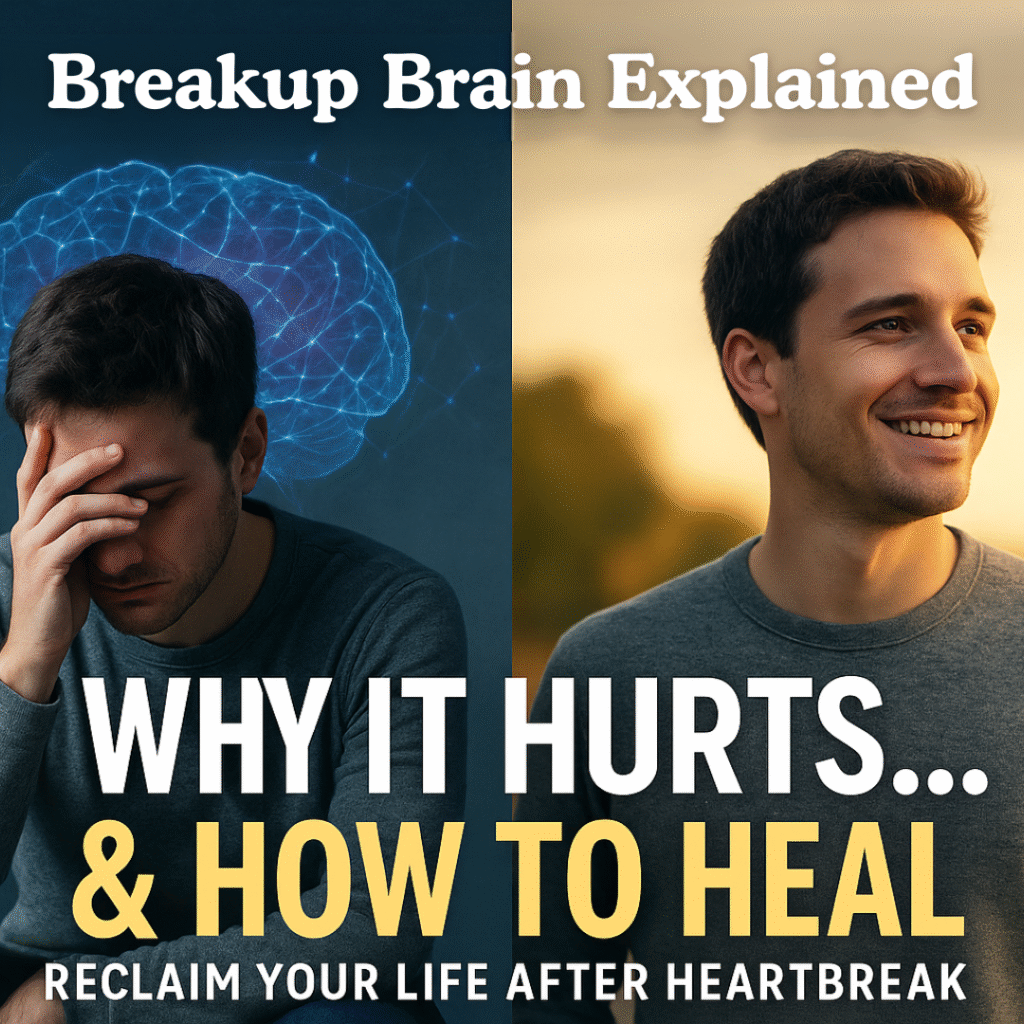Relationship Counselling for Couples Real Life Case Study
Relationship Counselling: What Couples Truly Need A Real-Life Case Study from a Therapist’s Lens Relationships rarely break in one day.They slowly drift — through silence, misunderstandings, unmet needs, and emotional exhaustion. Most couples who come for relationship counselling still love each other deeply.What they struggle with is how to reach each other without hurting, blaming, or withdrawing. This real-life inspired case study from my counselling practice reflects the emotional reality many couples quietly live with. (All details have been anonymised to protect privacy.) When Love Exists, But Peace Doesn’t A couple in their early 30s reached out for counseling after five years of marriage.Both were working professionals — ambitious, responsible, and emotionally drained. On the surface, their concerns sounded ordinary: Frequent arguments over small issues Feeling unheard and misunderstood Emotional distance after disagreements A constant fear that their relationship was slowly weakening They were not talking about separation.They were talking about confusion, fatigue, and emotional pain. What they truly wanted was: “We want peace… and we want to feel close again.” What They Thought Was the Problem Like many couples, they believed counselling would: Teach them better communication Reduce arguments Decide who was right and who was wrong.This belief is common — and understandable. But therapy revealed something deeper. What They Actually Needed (And Most Couples Do) As the sessions unfolded, five core emotional needs became clear: 1. Emotional Safety They needed a space where emotions could be expressed without blame, interruption, or judgement. 2. Awareness of Repeating Patterns Their fights were not about the current issue.They were repeating old emotional patterns — learned, unexamined, and automatic. 3. Feeling Truly Heard Not advice.Not solutions.But validation. Sometimes, healing begins when someone finally says:“I understand how you feel.” 4. Practical Tools for Real Life They didn’t need motivational talk.They needed simple, usable tools for real arguments, stress, and emotional overload. 5. Clarity About the Future They needed help understanding: What they wanted individually What they wanted as a couple This is where relationship counselling becomes transformative —It stops being about fixing each other and starts becoming about understanding each other. The Counselling Process: No Shortcuts, Just Awareness The focus was not on quick fixes, but on emotional skill-building. Therapeutic Tools Used: Active listening exercises Identifying emotional triggers Learning how to pause instead of react Structured communication methods Reflection practices between sessions Slowly, the couple learned how to respond consciously instead of reacting emotionally. What This Case Teaches Us About Relationship Counselling An important truth often goes unnoticed: 👉 People don’t come to counselling because they don’t care.👉 They come because they care deeply — but feel lost. What People Truly Need from Relationship Counselling: A neutral, non-judgemental space Emotional validation Tools that actually work in daily life Awareness of emotional patterns Guidance toward clarity and connection Counselling is not about deciding who is right or wrong.It’s about helping couples feel safe, understood, and emotionally empowered. How Relationship Counselling Helps Heal Connections When emotional awareness increases, defensiveness decreases.When communication improves, connection naturally follows. At Prince Dhawan’s counselling practice, the focus remains on: Emotional clarity Healthy communication Long-term relationship wellbeing Practical healing beyond therapy sessions Is Relationship Counselling Right for You? If you are experiencing: Repeated arguments Emotional distance Communication breakdowns Confusion about where your relationship is headed You are not weak.You are not failing.And you are definitely not alone. 👉 Book a confidential relationship counselling session with Prince Dhawan👉 Take the first step toward clarity, understanding, and emotional healing Sometimes, saving a relationship begins with being brave enough to ask for help.
Relationship Counselling for Couples Real Life Case Study Read More »









